Only amounts of money that are essentially income from production, trading of goods, and provision of services will give rise to tax obligations. (Photo: KHIEU MINH)
Understanding Taxes and Personal Cash Flow
According to the tax authority representative, this is a misunderstanding and is not in accordance with current legal regulations.
Comrade Mai Son, Deputy Director of the Tax Department, said: “Only amounts of money that are essentially income from production, trading of goods, and provision of services will generate tax obligations. Money transfers between individuals, such as donations, support for relatives, civil loans, or transactions unrelated to commercial activities, are not included in revenue for tax purposes.”
Ms. Nguyen Thi Thu Trang, a communications officer in Hanoi , shared: “I often receive support money from my parents and relatives when I need it. When I read rumors online that 'every transfer will be taxed', I was very worried. After reading the official information from the tax authority, I felt somewhat reassured.”
Similarly, Mr. Tran Van Hung, who runs a grocery store at home, said he often uses his personal account to receive money from regular customers. “I sell a little dried food, fish sauce, and candy, and customers transfer money because it is convenient. I heard that the tax office can check my account, so I am a bit worried,” Mr. Hung said.
According to the representative of the Tax Department, such concerns are unnecessary if people understand the nature of tax policy. Deputy Director Mai Son emphasized: “Current regulations require business households that use electronic invoices generated from cash registers to issue invoices when selling goods and providing services to consumers, even if the buyer does not take the invoice. Failure to issue invoices will result in additional collection, penalties, and may be considered tax evasion. However, this does not apply to individuals who do not do business or to normal civil transactions.”
Thus, determining tax liability is not based on the amount of money in the account, but on the nature of the transaction.
Currently, tax management is carried out by data analysis, combined with monitoring of cash flows with signs of irregularities. If an individual shows signs of concealing revenue from business activities, such as asking customers to transfer money but recording the wrong content, or only receiving cash to avoid issuing invoices, the tax authority will proceed to verify and handle the matter.
Although the tax sector is not allowed to directly access personal bank accounts, according to the law, transaction data can be shared between state agencies, credit institutions and tax authorities when there are signs of violations or inspection requests. Thanks to that, tax authorities can determine actual revenue to correctly and fully calculate tax obligations in cases where business income arises.
Economists say that the basic principle of tax policy is to ensure fairness, transparency and suitability for each type of transaction. It is impossible to equate all cash flows into a single standard.
Only collect tax when there are signs of tax evasion.
According to the Law on Personal Income Tax and Circular No. 111/2013/TT-BTC of the Ministry of Finance , many incomes of individuals and households are exempt from tax in specific cases.
Some common incomes exempted from personal income tax according to the law include: income from real estate transfers between relatives such as husband and wife, parents and children, grandparents and grandchildren, siblings; income from the division of real estate that is the common property of husband and wife during the marriage according to an agreement or court judgment upon divorce; income from the transfer of only one house or one plot of land that an individual has owned for 183 days or more and transfers all of that property.
In addition, income from inheritance or gifts of real estate between relatives if the recipient is a spouse, parent, child, grandparent, grandchild, or sibling is also exempt from personal income tax.
In addition, income from agricultural and forestry production, salt production, and unprocessed seafood fishing; overtime pay paid higher than normal; interest from bank deposits and life insurance contracts; pensions; scholarships; remittances; insurance compensation, work accident compensation, state compensation; and amounts received from charity funds or humanitarian aid.
However, tax exemption does not mean no declaration. The transferor or recipient of the property must still make a tax declaration, is responsible for the truthfulness of the information and may be subject to penalties for false declaration.
In contrast to the above cases of tax-exempt civil transactions, acts showing signs of intentional tax evasion will be strictly handled.
A recent notable example is the case of Ms. Vu Nam Phuong (born in 1987; residing at: Hue Street, Hai Ba Trung, Hanoi; commonly known as Vu Hong Phuc “Cun Bong”), who owns an online sales channel on a social networking platform, with hundreds of thousands of followers. Although she regularly sells fruits and functional foods in large quantities at her store and through e-commerce channels, Ms. Vu Nam Phuong’s social networking page only declares modest revenue and does not issue invoices as required.
The authorities have decided to prosecute the case and prosecute Vu Nam Phuong for the crime of "Violating accounting regulations causing serious consequences". Accordingly, this case shows signs of production and business activities with large income but the tax declaration is incomplete, there are signs of deliberately concealing revenue and not issuing invoices as prescribed. Specifically, from 2023 to present, the subject has declared revenue to the authorities of more than 5 billion VND. However, the Investigation Police Agency of Hanoi City Police has clarified that the actual revenue of these subjects is up to more than 120 billion VND, a difference of more than 115 billion VND with an estimated tax loss of more than 10 billion VND.
The case has been prosecuted and is a warning to business organizations and individuals, especially famous influencers on social networks (KOLs) who use digital platforms but do not comply with regulations on invoices and tax declarations.
Lawyer Nguyen Xuan Dung (Hanoi Bar Association) recommends that, in the context of increasing non-cash transactions, people need to get into the habit of keeping relevant documents such as receipts, money transfer confirmations, loan contracts, etc. to explain when necessary. At the same time, business people need to carefully study the regulations on invoices and tax declarations to avoid unnecessary mistakes.
“Tax policy always aims to collect the right amount of tax, not all of it. Tax authorities do not collect taxes in bulk, but only handle them when there is a clear basis. Therefore, people should not be too worried, and should not spread inaccurate information that causes confusion in society,” emphasized Lawyer Nguyen Xuan Dung.
Source: https://baotuyenquang.com.vn/co-quan-thue-khong-phai-moi-dong-tien-qua-tai-khoan-deu-phai-chiu-thue-214050.html


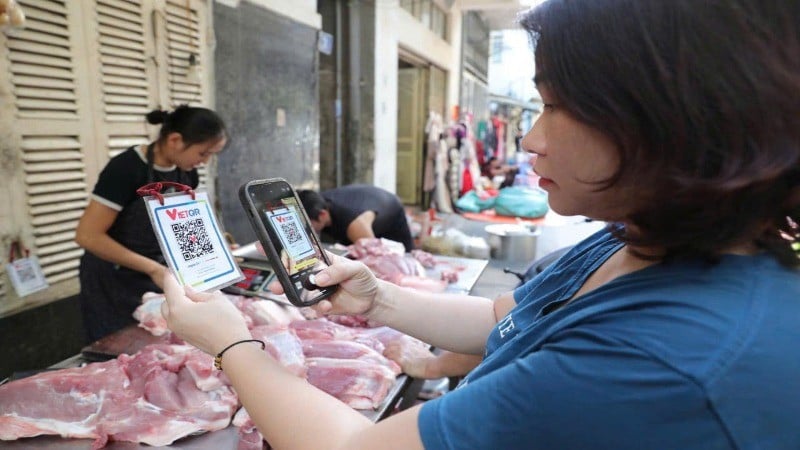



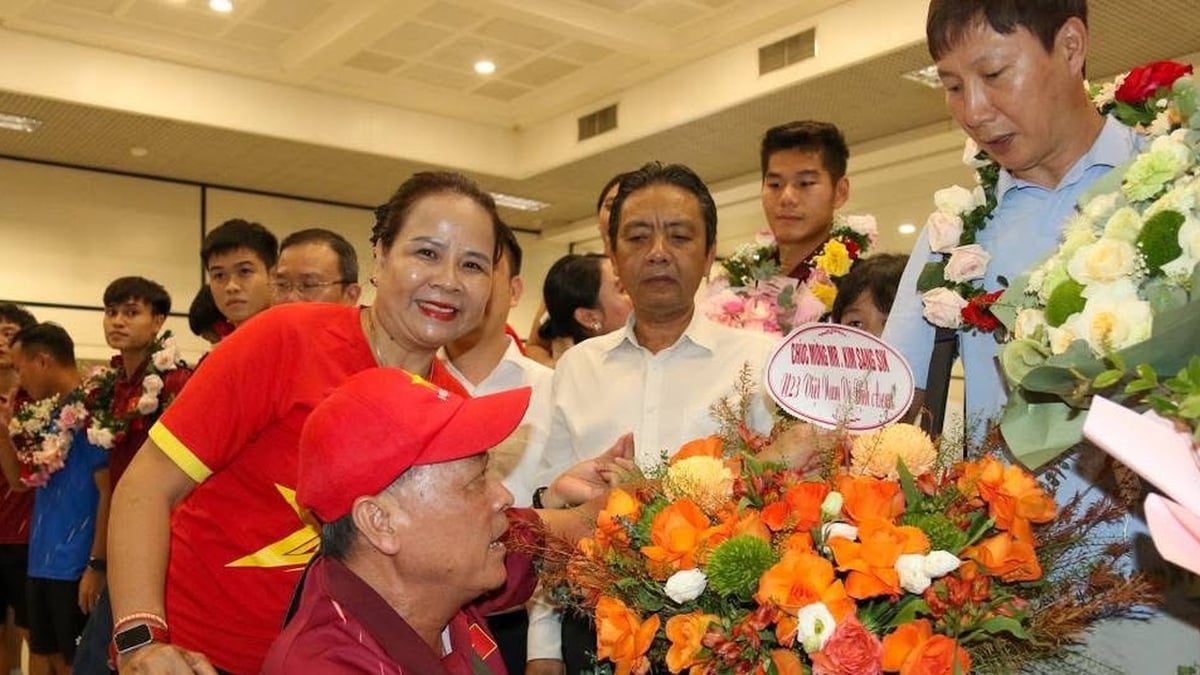
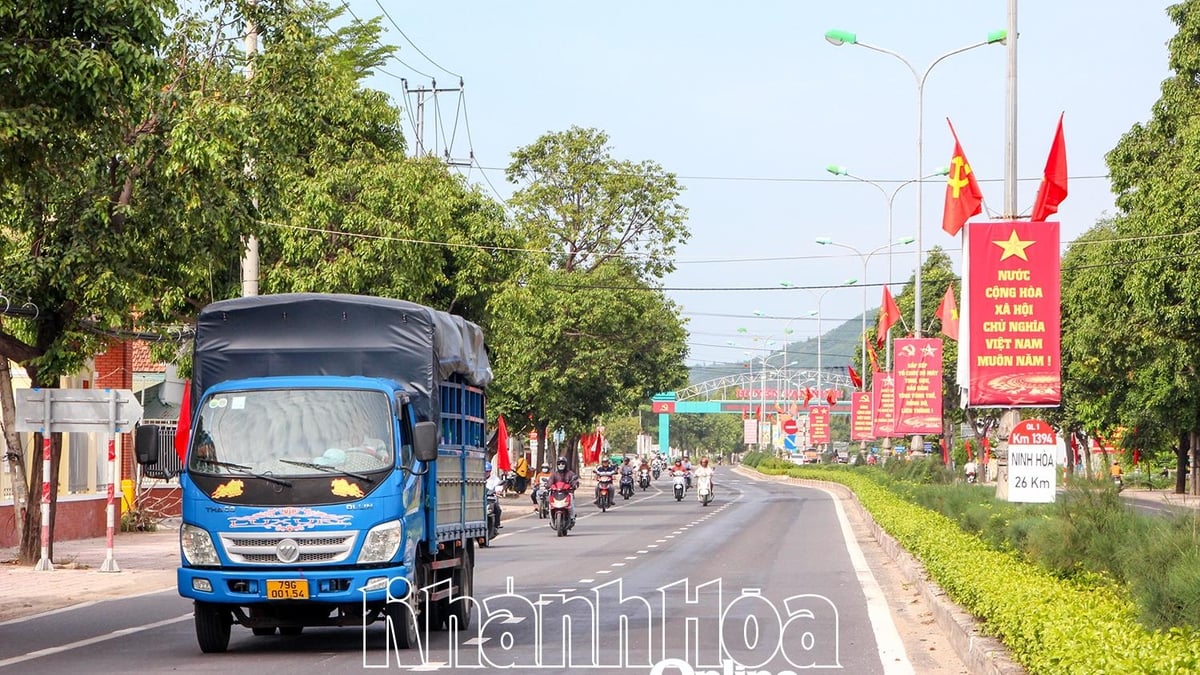
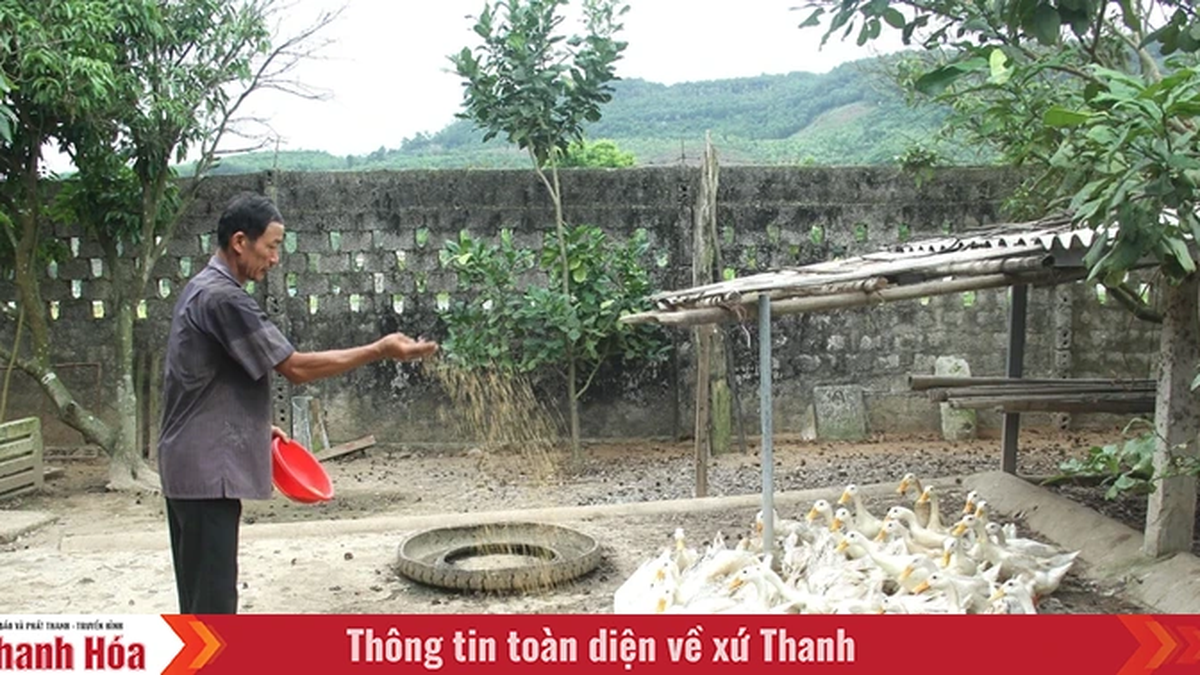

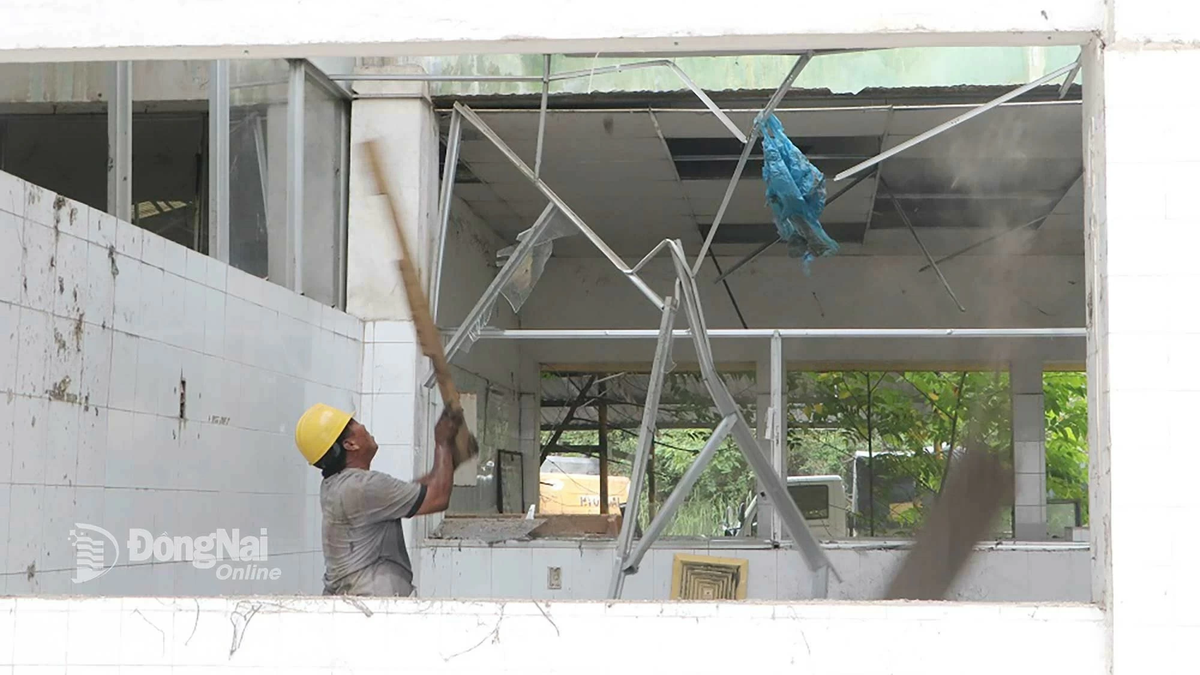
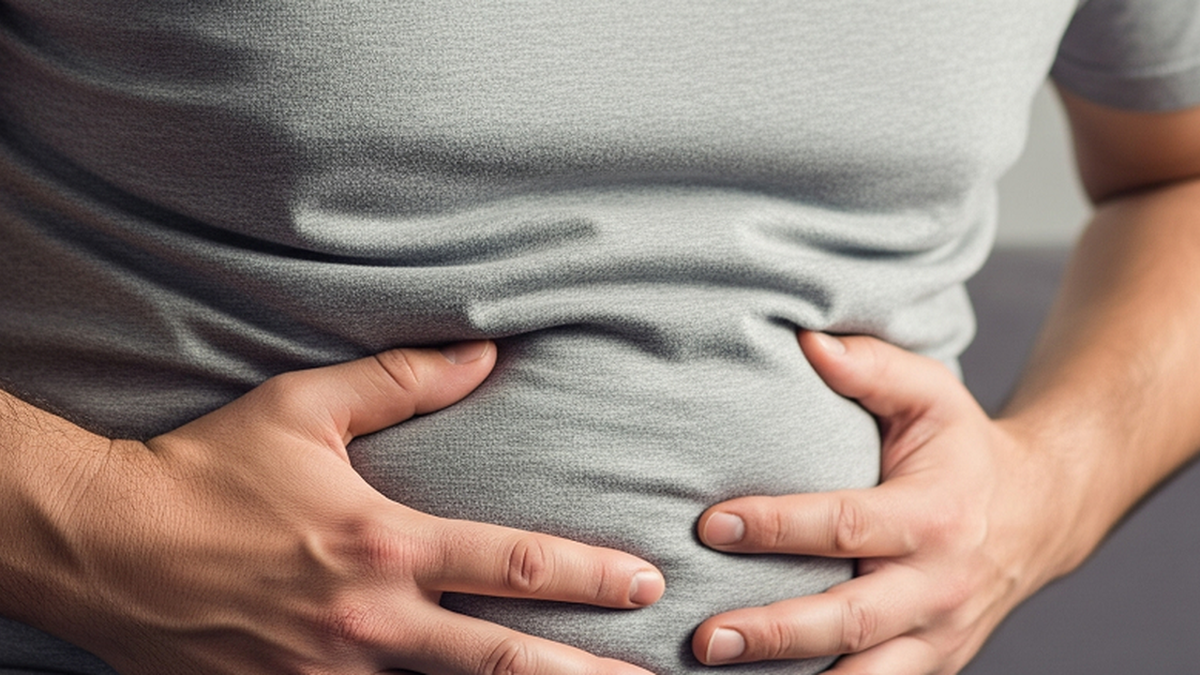
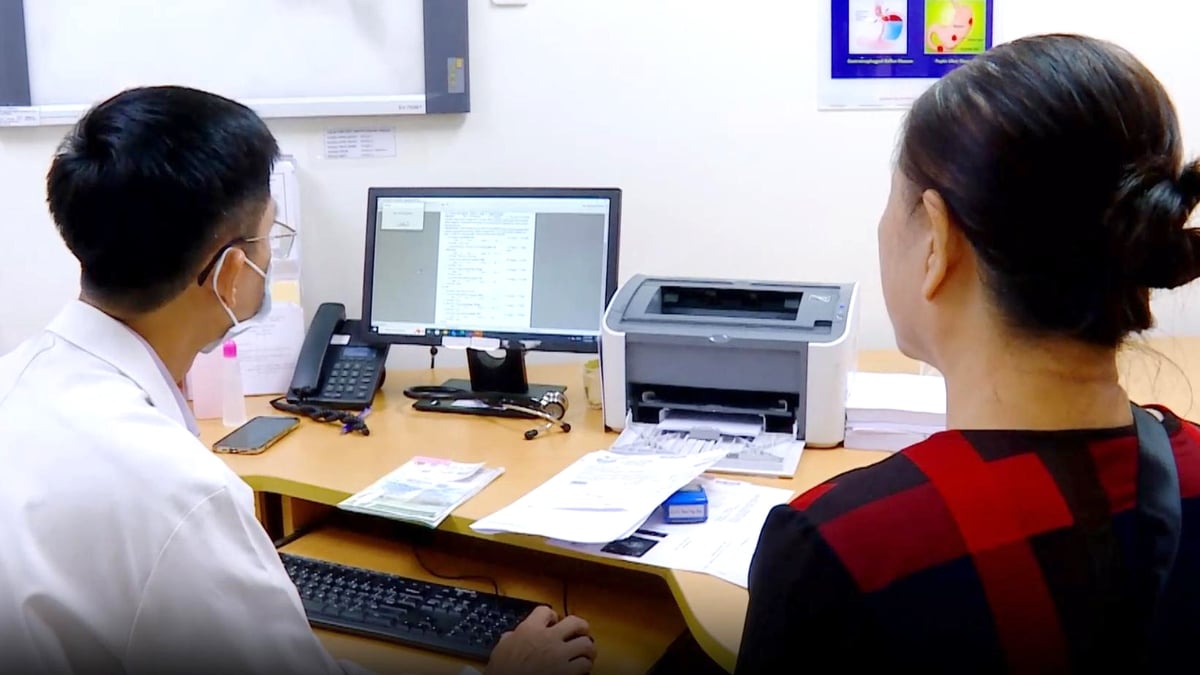












































![[Maritime News] Container shipping faces overcapacity that will last until 2028](https://vphoto.vietnam.vn/thumb/402x226/vietnam/resource/IMAGE/2025/7/30/6d35cbc6b0f643fd97f8aa2e9bc87aea)











































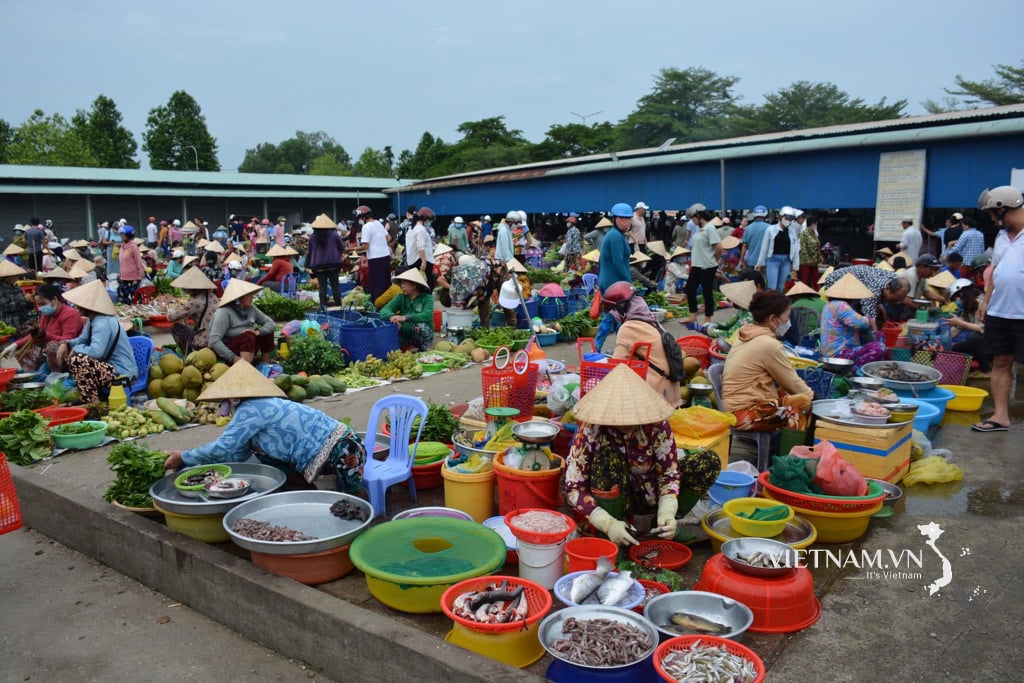
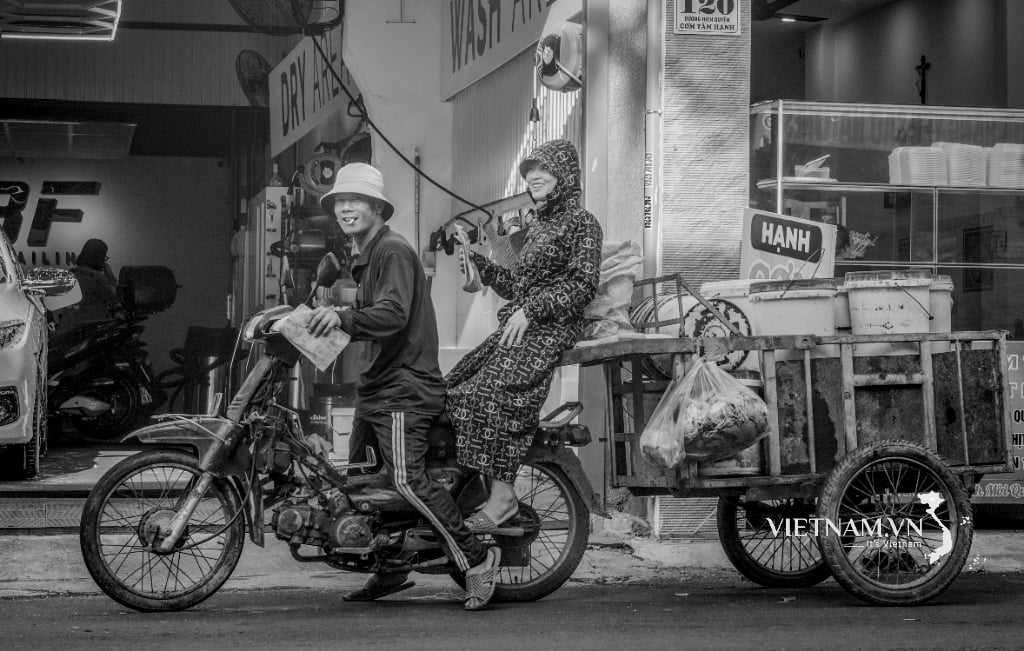
Comment (0)